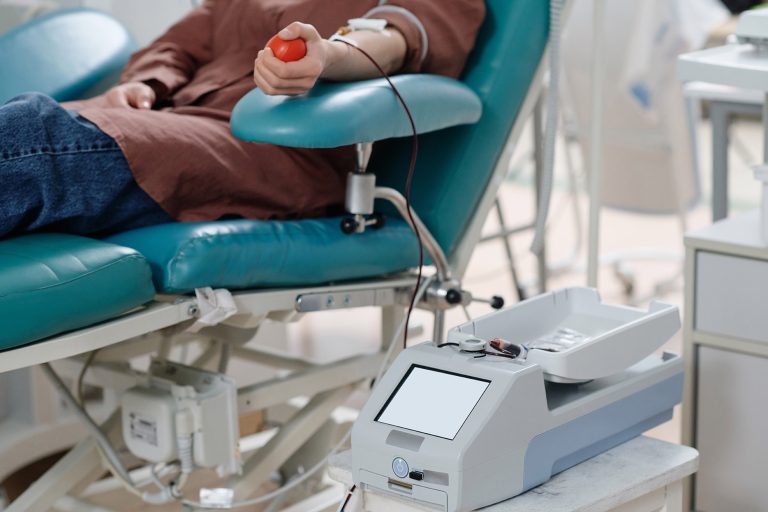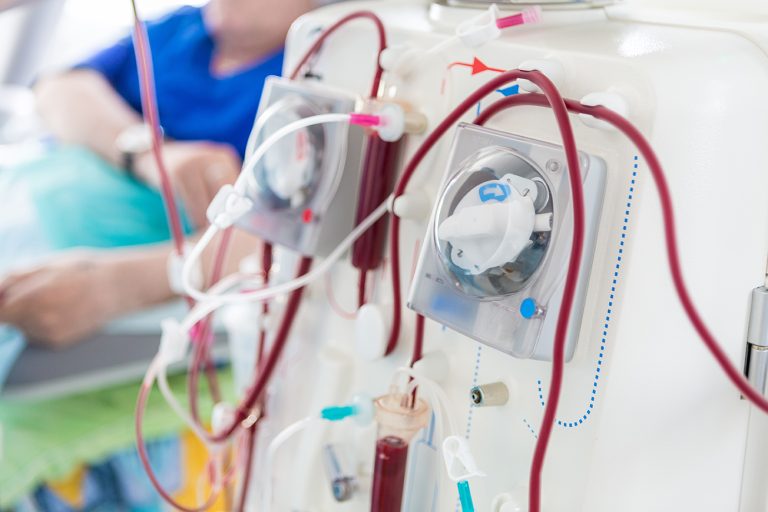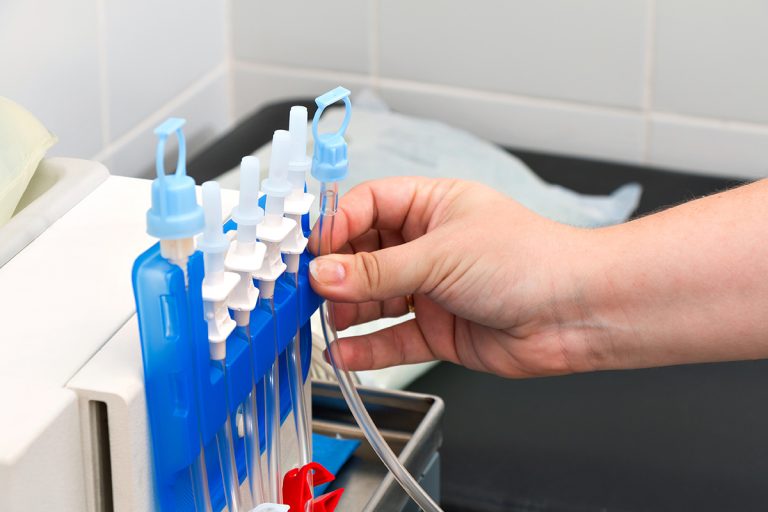Nephrology & Hypertension Associates
About Us
Our team of experienced specialists are committed to fostering a compassionate and collaborative environment, where patients are actively involved in their healthcare journey.
Through personalized care plans and a focus on education and support, we strive to enhance the well-being of our patients, optimizing kidney health, managing hypertension, and improving overall quality of life. With a commitment to excellence, innovation, and community well-being, we aim to be a trusted partner in our patients’ health, providing the highest standard of care with integrity, empathy, and a relentless pursuit of medical excellence.
Services
Acute Renal Failure
Our team at Nephrology & Hypertension Associates provides specialized care for Acute Renal Failure, a sudden and severe decline in kidney function.
Learn more
Chronic Kidney Disease
Our practice is dedicated to addressing the complexities of Chronic Kidney Disease (CKD), a progressive condition that impairs kidney function over time.
Learn more
End-Stage Renal Disease
For individuals facing End-Stage Renal Disease (ESRD), our specialists offer comprehensive care, including renal replacement therapy options such as dialysis or kidney transplantation
Learn more
Hypertension
At Nephrology & Hypertension Associates, we provide expert care for hypertension, a common risk factor for kidney disease and cardiovascular complications.
Learn more
Anemia of CKD
Our specialists are equipped to address Anemia of Chronic Kidney Disease, a common complication affecting red blood cell production.
Learn more
Electrolyte Disorders
Nephrology & Hypertension Associates specializes in managing Electrolyte Disorders, common in kidney-related conditions.
Learn more
What makes NHA different?
Together, Dr. Winkelmeyer, Dr. Watson, Dr. Brooks, Dr. Hamlett and Board Certified Nurse Practitioner Leslie Prosser have over 65 years of Nephrology experience. Long-time members of the local community, Leslie, along with Dr. Winkelmeyer, Dr. Watson and Dr. Brooks, all studied medicine at the University of Missouri in Columbia, MO. Our providers travel to many outlying clinics across the Mid-Missouri offering convenient access to Nephrology services, limiting patient travel time to see a nephrologist.
Why wait longer to find answers?
End-Stage Renal Treatment
Counseling & Education

In-Center Hemodialysis
For patients requiring In-center Hemodialysis, our practice offers state-of-the-art facilities and experienced healthcare professionals to deliver effective dialysis treatments. We prioritize patient comfort and well-being during in-center hemodialysis sessions to ensure optimal outcomes.
Learn More

Home Hemodialysis
Our practice supports Home Hemodialysis programs, empowering patients to undergo dialysis treatments in the comfort of their homes. We provide comprehensive training, ongoing support, and necessary resources to enable individuals to manage their health independently.
Learn More

Peritoneal Dialysis
Nephrology & Hypertension Associates offers Peritoneal Dialysis as a renal replacement therapy option. Our team provides thorough education, guidance, and ongoing support for patients choosing peritoneal dialysis, allowing for flexibility in treatment schedules and personalized care.
Learn More

Transplant
Our transplant services involve comprehensive evaluation and management for individuals considering kidney transplantation. We collaborate with transplant centers and provide pre- and post-transplant care, ensuring optimal outcomes for patients seeking kidney transplants.
Learn More
FAQs
What is nephrology?
What are the common symptoms of kidney disease?
Symptoms can vary and some patients may not experience any symptoms, especially in the early stages of kidney disease. Symptoms may include swelling in the legs and ankles, fatigue, changes in urination, nausea, and high blood pressure.
What causes hypertension (high blood pressure)?
Hypertension can be caused by genetic factors, poor diet, lack of exercise, obesity, stress, and chronic conditions like diabetes and kidney disease.
